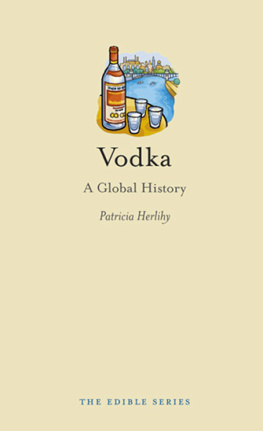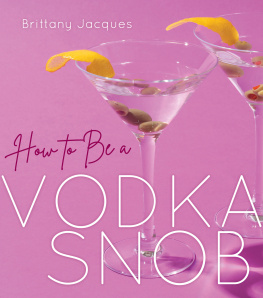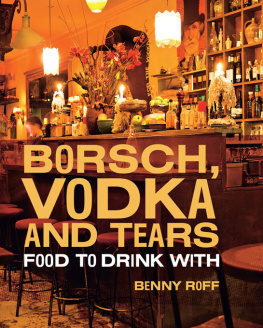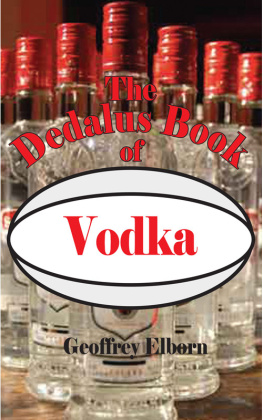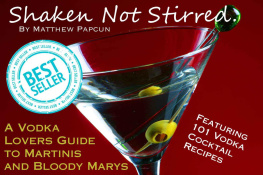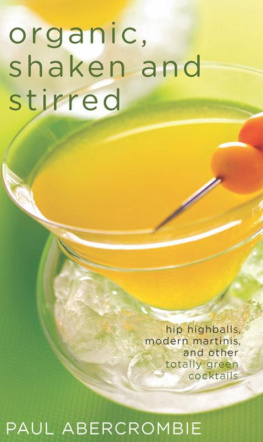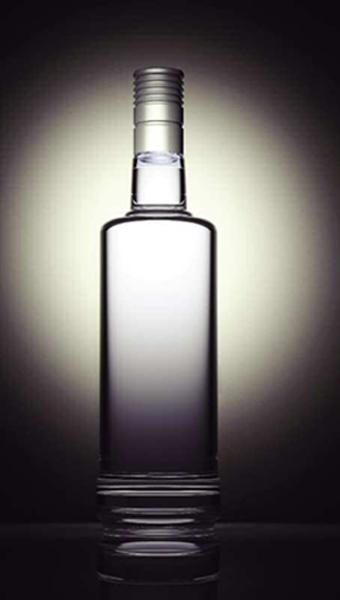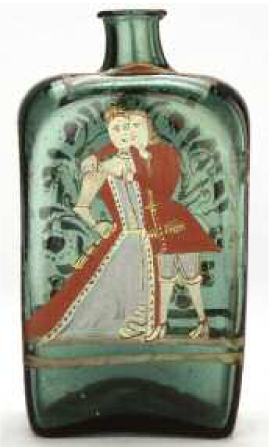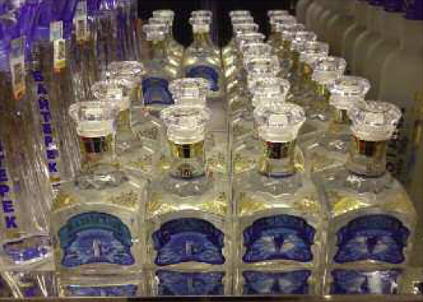Patricia Herlihy - Vodka: A Global History
Here you can read online Patricia Herlihy - Vodka: A Global History full text of the book (entire story) in english for free. Download pdf and epub, get meaning, cover and reviews about this ebook. year: 2012, publisher: Reaktion Books, genre: Romance novel. Description of the work, (preface) as well as reviews are available. Best literature library LitArk.com created for fans of good reading and offers a wide selection of genres:
Romance novel
Science fiction
Adventure
Detective
Science
History
Home and family
Prose
Art
Politics
Computer
Non-fiction
Religion
Business
Children
Humor
Choose a favorite category and find really read worthwhile books. Enjoy immersion in the world of imagination, feel the emotions of the characters or learn something new for yourself, make an fascinating discovery.
- Book:Vodka: A Global History
- Author:
- Publisher:Reaktion Books
- Genre:
- Year:2012
- Rating:5 / 5
- Favourites:Add to favourites
- Your mark:
Vodka: A Global History: summary, description and annotation
We offer to read an annotation, description, summary or preface (depends on what the author of the book "Vodka: A Global History" wrote himself). If you haven't found the necessary information about the book — write in the comments, we will try to find it.
Vodka is the most versatile of spirits. While people in Eastern Europe and the Baltic often drink it neat, swallowing it in one gulp, others use it in cocktails and mixed drinksbloody marys, screwdrivers, white russians, and Jell-O shotsor mix it with tonic water or ginger beer to create a refreshing drink. Vodka manufacturers even infuse it with flavors ranging from lemon and strawberry to chocolate, bubble gum, and bacon. Created by distilling fermented grains, potatoes, beets, or other vegetables, this colorless, tasteless, and odorless liquor has been enjoyed by both the rich and the poor throughout its existence, but it has also endured many obstacles along its way to global popularity.
In this book, Patricia Herlihy takes us for a ride through vodkas history, from its mysterious origins in a Slavic country in the fourteenth century to its current transatlantic reign over Europe and North America. She reveals...
Patricia Herlihy: author's other books
Who wrote Vodka: A Global History? Find out the surname, the name of the author of the book and a list of all author's works by series.

